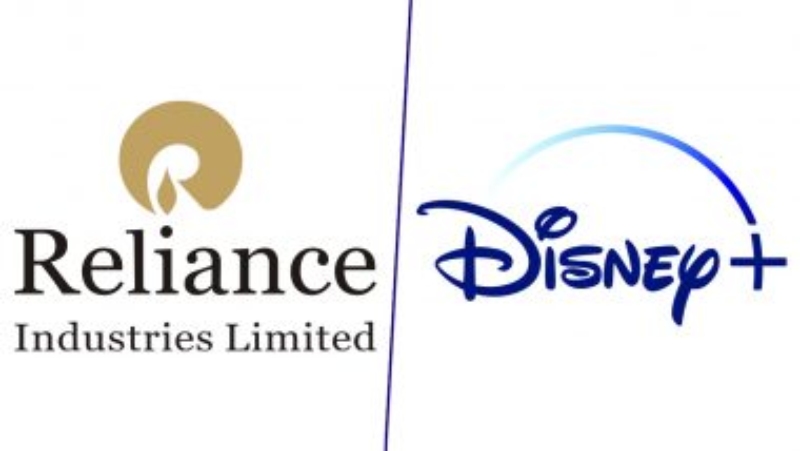When it comes to the consequences of nutrition, people’s decisions are very important, but the environments in which they make them are also very important. People’s options are constrained in the absence of the institutions and frameworks necessary to guarantee the availability and affordability of healthful meals. In the second installment of this series, officials of JSI offer their perspectives on their collaboration with USAID Advancing Nutrition, with the aim of enhancing government readiness and dedication to devise, fund, and execute nutrition initiatives and regulations that promote robust food and health systems.
Ghana: Promoting Nutrition in Planning for Development
The government collaborated with Selorme Azumah, the head of party for USAID Advancing Nutrition in Ghana, and his team to establish programs that support early childhood development and resilience in households. It was difficult at first to persuade the government to give nutrition top priority in development planning, where measurable results frequently take precedence over less quantifiable ones.
Selorme used strategies he has developed over the course of his 23-year career to persuade listeners that putting people’s health and well-being first is an investment in Ghana’s future. Working with district officials, the USAID Advancing Nutrition Ghana team integrated food and nutrition interventions into the medium-term development plans of the 17 project-supported districts. The 2022–2025 development plans clearly differed from earlier ones in that they included more nutrition-related targets and larger budgetary allotments for this activity.
The work being done in the districts by USAID Advancing Nutrition Ghana is also contributing to the national dialogue on nutrition programming. The project’s training and resources are intended to be utilized in the 2026–2030 planning cycle.
Uganda: Using Strategic Food Fortification to Reduce Malnutrition
Pauline Okello oversaw USAID Advancing Nutrition in Uganda, an initiative that aimed to improve the ability of the public and commercial sectors to uphold food fortification laws and standards. One high-impact, low-cost strategy to lessen vitamin deficiencies that can lead to malnutrition is food fortification. The Ugandan government has mandated that edible oils and fats, salt, and flours made from maize and wheat be fortified.
Project implementation was delayed by the COVID-19 epidemic and the conflict in Ukraine, which stopped food imports. Strong structures also help Uganda’s nutrition efforts at all levels, although the project also found problems with conflicting agendas and overlapping roles and duties in the food fortification program. Pauline and her colleagues responded by collaborating with the Ministry of Health to resurrect the National Working Group on Food Fortification, a coordinating body that brings together the public, business, civil society, and academic entities interested in food fortification initiatives.
One important programming partner is the business sector, which produces foodstuffs that have been fortified. Lead trainers were educated by USAID Advancing Nutrition to facilitate fortification in the private sector and to advance the business case for broader adoption in new industries.
The project’s produced training, instruments, and other resources will help sustain government and business sector investment in food fortification to improve nutrition outcomes in Uganda.
Topics #Boost Food and Health #From Policy to Practice #Governments and JSI










